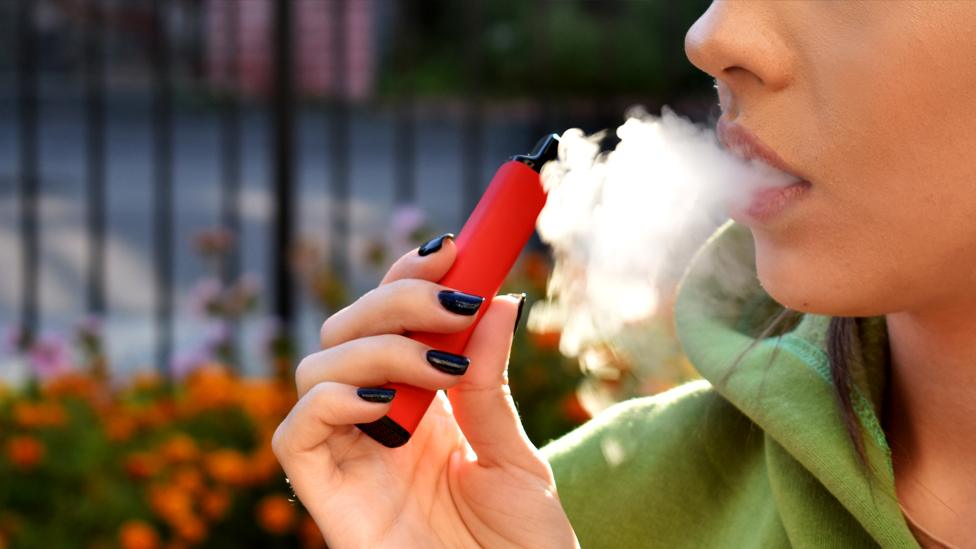Millions of single-use vapes littered on Scotland's streets
- Published
- comments
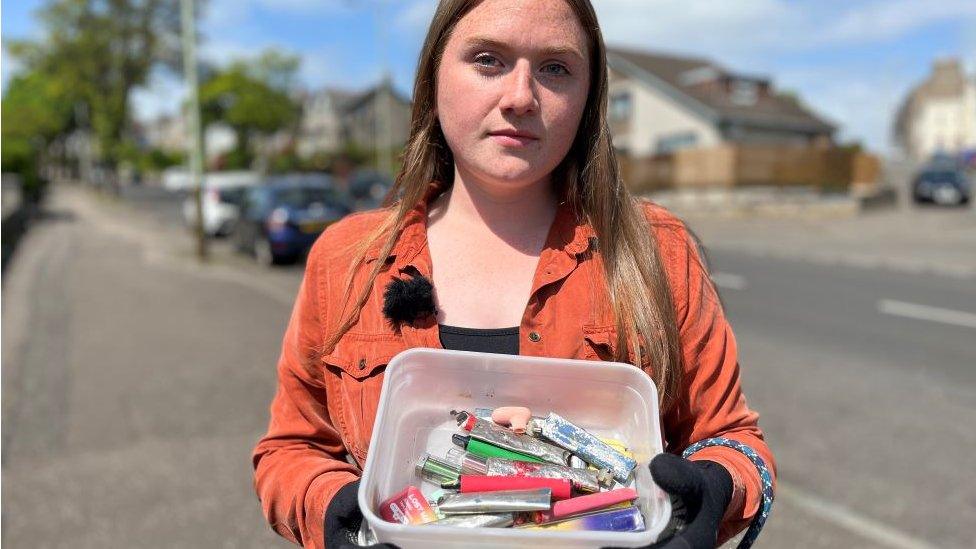
Laura Young has been collecting vapes on daily dog walks
Up to 2.7 million single-use vapes were littered in Scotland last year, a Scottish government report estimates.
Zero Waste Scotland was asked to produce an urgent review because of growing concerns about their environmental impact.
It offers nine options ranging from a total ban to redesigning disposable vapes so they are easier to recycle.
The Scottish government has welcomed the report and said it will respond fully in the autumn.
The study estimates that there are 543,000 users of e-cigarettes in Scotland and predicts that without intervention that will rise to 900,000 by 2027.
It says 22% of all under-18s - around 78,000 - are believed to have used a vape last year with more young people using them than smoking cigarettes.
Two-thirds of all users are thought to be aged 25 or under.
Options being put forward for consideration by ministers include a ban either on all single-use vapes or just flavoured ones which appear more attractive to younger people.
But it comes with a warning that care must be taken to ensure rechargeable vapes are not used as disposable products, thereby creating even more waste.
The report warns that a ban may be subject to the Internal Market Act which would require UK government consent.
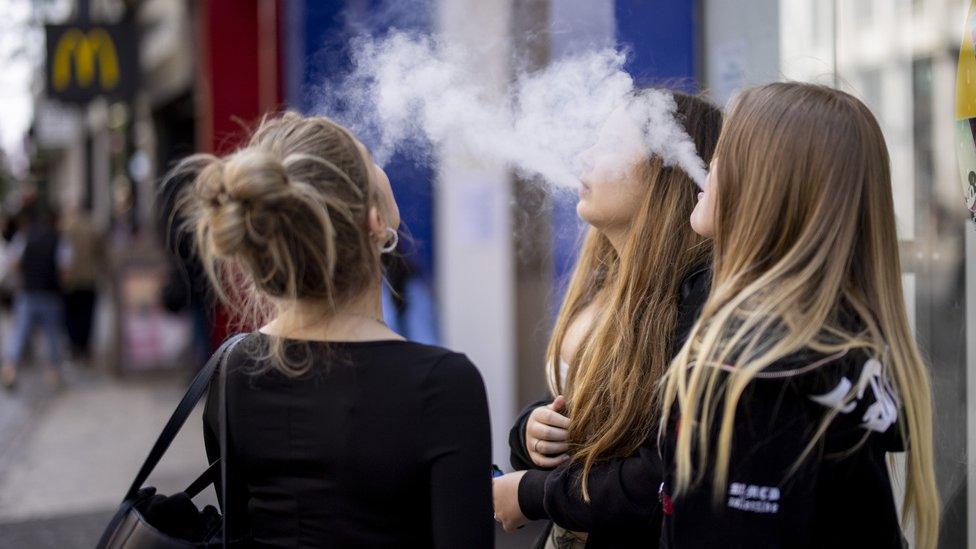
Vaping use among young people has increased
It also suggests a deposit/return style option where consumers would be reimbursed once the product is brought back to the shop for recycling.
The review was ordered following a campaign by the environmentalist Laura Young who had been collecting discarded vapes while walking her dog in Dundee.
She described the report as "particularly worrying" but said it offered a comprehensive review of potential actions.
She added: "Partial solutions will only get partial results. If we are wanting to completely wipe out the unintended consequences from disposable vapes on public health and the environment, a complete ban must be part of the solution."
Batteries in single-use vapes mean they should not be thrown away either in a general waste or recycling bin.
Instead they should be treated as electrical waste which means many users struggle to know what to do with them.
They are accepted at council recycling facilities and in specialist bins in some shops.
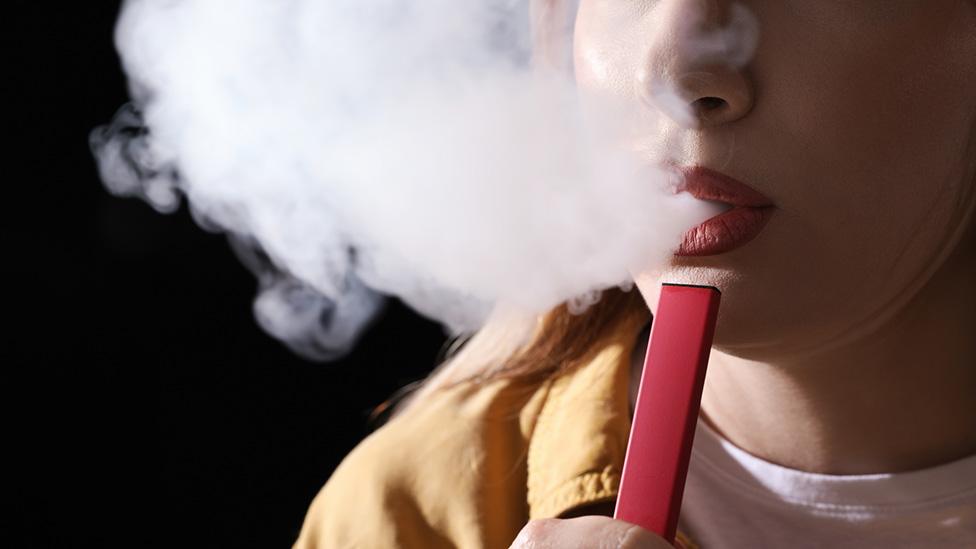
Disposable vapes are the most popular vaping device among teenagers in the UK, surveys suggest
Sales revenues through grocery outlets have doubled in just six months, the report concludes.
More than a quarter of all vapes used are single use, rising to more than half among under-25s.
The majority of single-use vapes are manufactured in China but the report says incentivising a switch to reusables could increase manufacturing share in Scotland and the UK where there is a larger share in the market for making liquid refills.
The boss of Edinburgh based vaping firm VPZ has said he is not opposed to a ban on single-use vapes as long as it does not inadvertently create a black market.
Doug Mutter, who is also a director of the UK Vaping Industry Association, welcomed the report and said the Scottish government needed to be more bold by introducing licensing and controls for selling vaping products.
He said: "The biggest issue remains - where many imported, unregulated, disposable vaping products are readily available from local convenience stores supermarkets and several other general retailers with no age verification checks or control in place.
"This is a significant problem that threatens the huge progress of vaping in transforming the health of the nation and helping the country meet its smoke-free targets."
The Scottish government has thanked Zero Waste Scotland for producing the report and said it would respond fully in the autumn.
Circular economy minister Lorna Slater said she had invited ministers from other UK governments to discuss the report's contents and what can be done in response.
She said: "This report shows that single use vapes have become a big problem - for our environment, local communities and young people. I will take action and will engage with those affected, including young people, over the coming months"
Related topics
- Published23 June 2023
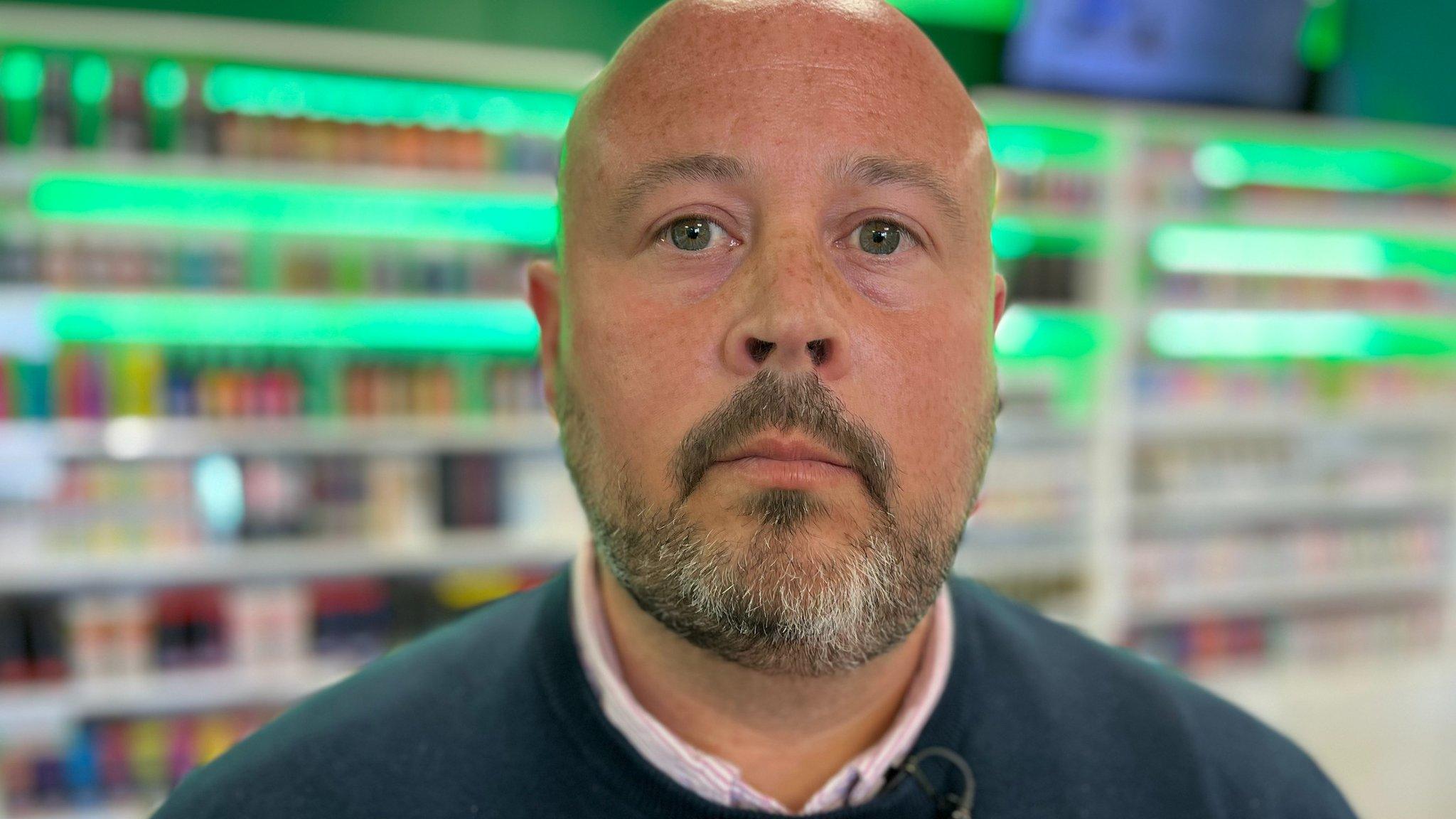
- Published6 June 2023

- Published6 June 2023
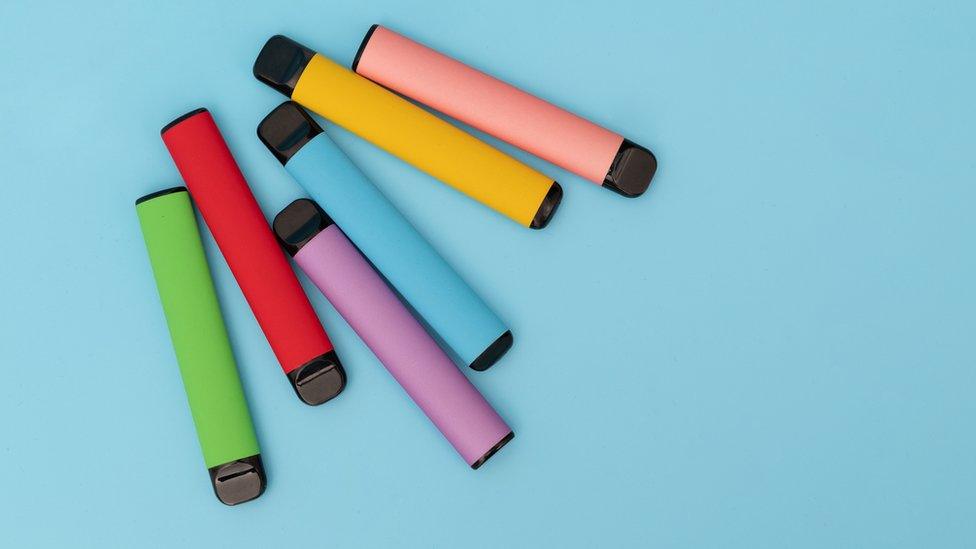
- Published23 May 2023
